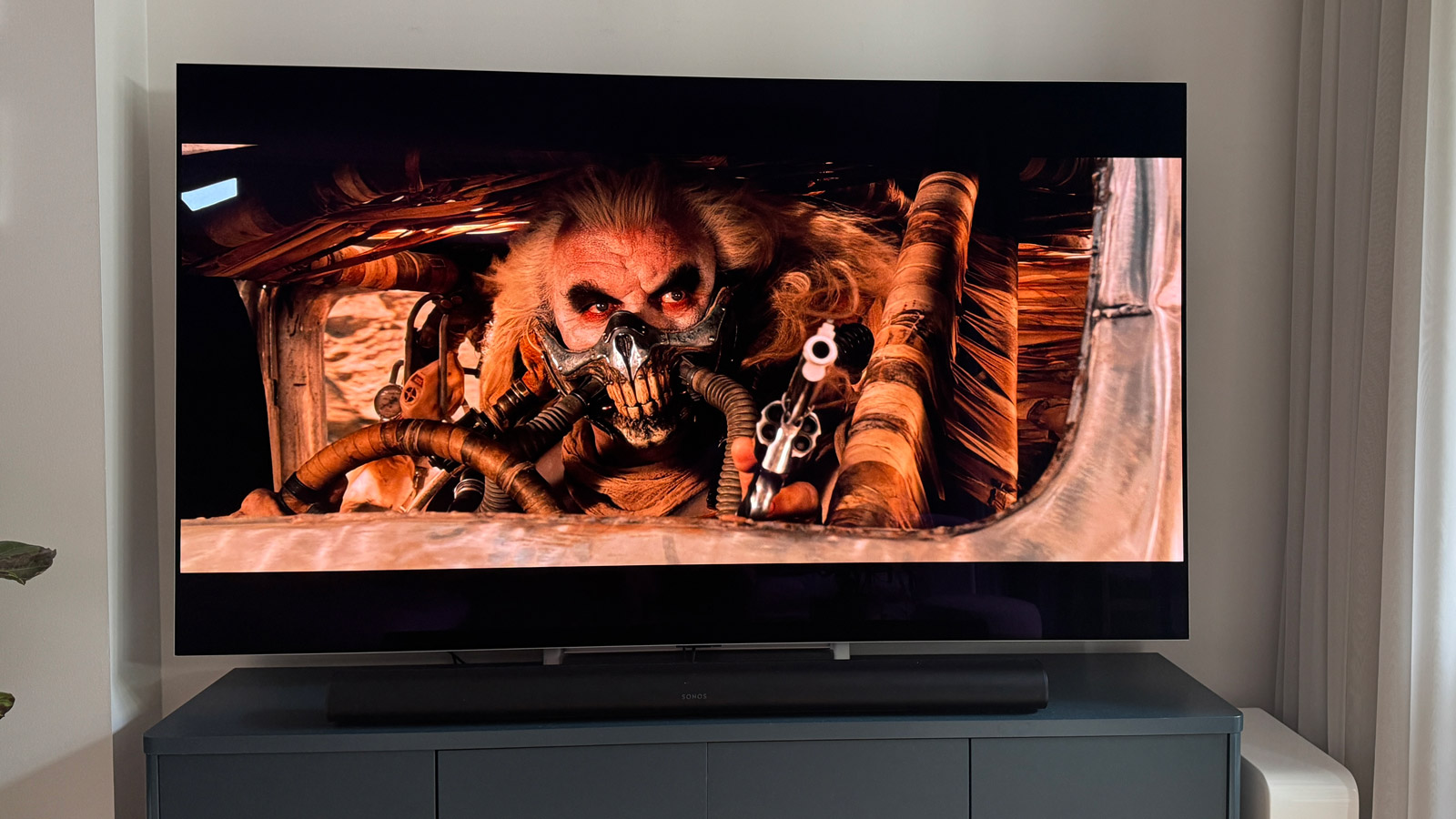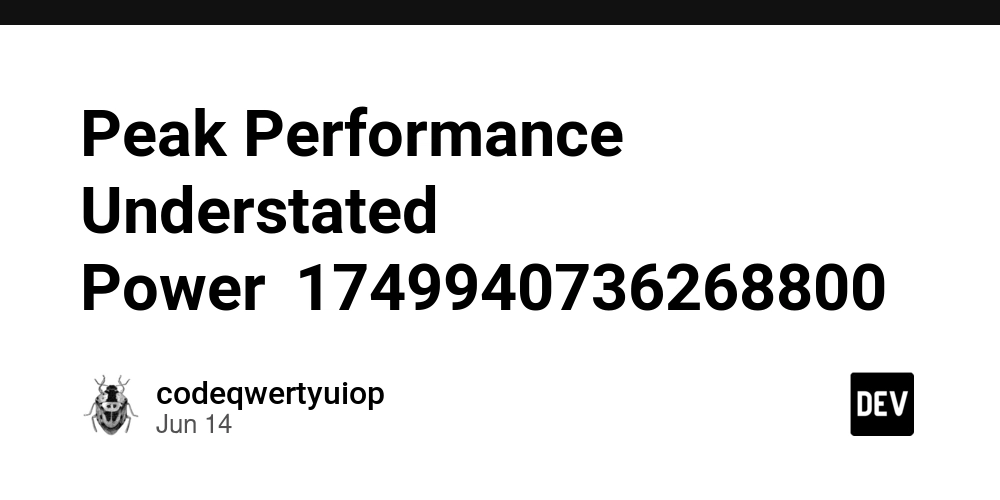How to Fix Chocolatey Lua Installation Issues on Windows 11?
Introduction to Lua Installation Issues on Windows 11 If you attempted to use Chocolatey to install Lua on Windows 11 but are now facing persistent error messages in PowerShell, you're not alone. Many users have encountered similar issues, especially when it comes to configuring their environment correctly for programming with Lua. In this article, we will explore the common problems associated with Lua installation via Chocolatey on Windows 11 and provide step-by-step solutions to help you get up and running smoothly. Why You Might Encounter Errors After Installing Lua When using Chocolatey to install programming languages like Lua, various configuration issues can come up. The primary reasons for encountering errors, especially the ones that prevent you from accessing Lua in PowerShell or Visual Studio Code (VS Code), include: Profile Configuration Issues: If your PowerShell profile is incorrectly configured, it can lead to errors whenever you open PowerShell. Path Variables Not Set: Lua's installation directory may not be correctly added to your system's PATH variable, causing executables to be unrecognized. Versioning Conflicts: If multiple versions of Lua are installed, it can lead to ambiguity and crashes when attempting to run scripts. Let’s dive into how to troubleshoot and fix these issues effectively. Step 1: Check Your PowerShell Profile Verifying Your PowerShell Profile First and foremost, let’s examine your PowerShell profile. This is where you define specific settings for PowerShell sessions. To check your profile, open PowerShell and run this command: notepad $PROFILE If you get an error, it means that your profile does not exist, and you may need to create it. If the file opens successfully, look for anything related to Lua, like this line: new-alias -name lua lua53 If this line is causing issues, you can comment it out by placing a # at the beginning of the line or simply delete it if you want to remove the alias entirely. Save the file and restart PowerShell to see if the error persists. Step 2: Ensure Lua is Installed Correctly Verify Installation via Chocolatey To ensure Lua is installed correctly via Chocolatey, you can run the following command in PowerShell: choco list --local-only Look for Lua in the displayed list of installed packages. If it’s not there, you may need to install it again using: choco install lua Check the Installed Version After verifying the installation, check which version of Lua is installed by running: lua -v This command should return the installed version of Lua. If you still encounter errors, ensure that Lua’s installation path is included in your system’s PATH variable. Step 3: Configure Environment Variables Setting Up PATH Variable To check and set the PATH variable where Lua is installed, follow these steps: Right-click on "This PC" or "My Computer" and select "Properties." Click on "Advanced system settings." In the System Properties window, click on the "Environment Variables" button. Under "System Variables," scroll down and find the "Path" variable, then click "Edit." In the Edit Environment Variable window, check if the Lua installation directory (Typically something like C:\ProgramData\chocolatey\lib\lua\tools\lua53\) is listed. If not, click "New" and add the path. Click OK to save the changes. Step 4: Test in Visual Studio Code Run Lua in the Integrated Terminal After ensuring everything is properly configured, let’s test Lua in Visual Studio Code’s integrated terminal: Open VS Code. Go to the terminal (View > Terminal). Type lua -v and hit enter. You should see the version number of Lua if everything is set up properly. To run a Lua file, navigate to the directory of your Lua script and use the command: lua yourscript.lua Frequently Asked Questions What if Lua still fails to run? If Lua still doesn't operate correctly, consider uninstalling and reinstalling both Lua and Visual Studio Code. Make sure to clear any old configurations that might be causing conflicts. How do I check which versions of Lua are installed? You can check by running the choco list --local-only command in PowerShell. It will provide a comprehensive list of all installed packages via Chocolatey. Conclusion By following these steps, you should be able to resolve issues related to installing Lua via Chocolatey on your Windows 11 system. Properly configuring your PowerShell profile, ensuring the Lua installation's success, and setting the correct PATH variables are crucial to accessing Lua smoothly in PowerShell and Visual Studio Code.
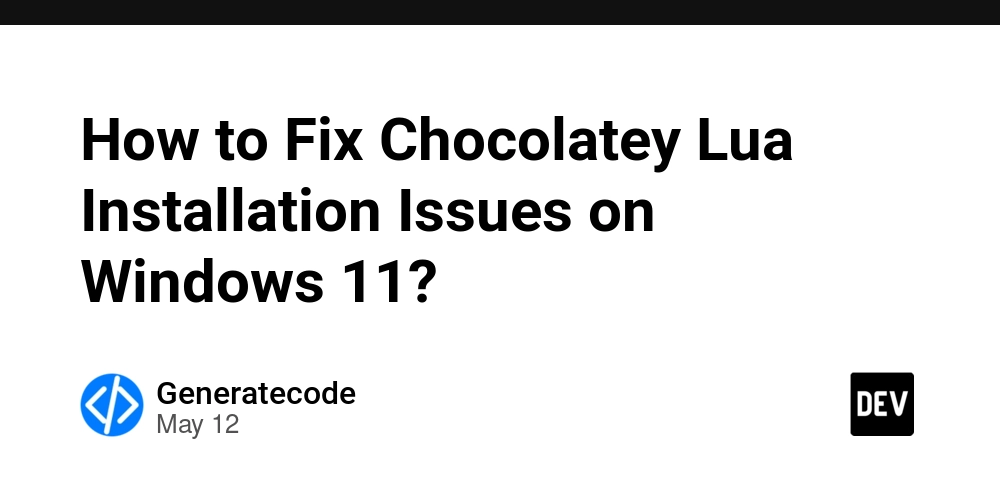
Introduction to Lua Installation Issues on Windows 11
If you attempted to use Chocolatey to install Lua on Windows 11 but are now facing persistent error messages in PowerShell, you're not alone. Many users have encountered similar issues, especially when it comes to configuring their environment correctly for programming with Lua. In this article, we will explore the common problems associated with Lua installation via Chocolatey on Windows 11 and provide step-by-step solutions to help you get up and running smoothly.
Why You Might Encounter Errors After Installing Lua
When using Chocolatey to install programming languages like Lua, various configuration issues can come up. The primary reasons for encountering errors, especially the ones that prevent you from accessing Lua in PowerShell or Visual Studio Code (VS Code), include:
- Profile Configuration Issues: If your PowerShell profile is incorrectly configured, it can lead to errors whenever you open PowerShell.
- Path Variables Not Set: Lua's installation directory may not be correctly added to your system's PATH variable, causing executables to be unrecognized.
- Versioning Conflicts: If multiple versions of Lua are installed, it can lead to ambiguity and crashes when attempting to run scripts.
Let’s dive into how to troubleshoot and fix these issues effectively.
Step 1: Check Your PowerShell Profile
Verifying Your PowerShell Profile
First and foremost, let’s examine your PowerShell profile. This is where you define specific settings for PowerShell sessions. To check your profile, open PowerShell and run this command:
notepad $PROFILE
If you get an error, it means that your profile does not exist, and you may need to create it. If the file opens successfully, look for anything related to Lua, like this line:
new-alias -name lua lua53
If this line is causing issues, you can comment it out by placing a # at the beginning of the line or simply delete it if you want to remove the alias entirely. Save the file and restart PowerShell to see if the error persists.
Step 2: Ensure Lua is Installed Correctly
Verify Installation via Chocolatey
To ensure Lua is installed correctly via Chocolatey, you can run the following command in PowerShell:
choco list --local-only
Look for Lua in the displayed list of installed packages. If it’s not there, you may need to install it again using:
choco install lua
Check the Installed Version
After verifying the installation, check which version of Lua is installed by running:
lua -v
This command should return the installed version of Lua. If you still encounter errors, ensure that Lua’s installation path is included in your system’s PATH variable.
Step 3: Configure Environment Variables
Setting Up PATH Variable
To check and set the PATH variable where Lua is installed, follow these steps:
- Right-click on "This PC" or "My Computer" and select "Properties."
- Click on "Advanced system settings."
- In the System Properties window, click on the "Environment Variables" button.
- Under "System Variables," scroll down and find the "Path" variable, then click "Edit."
- In the Edit Environment Variable window, check if the Lua installation directory (Typically something like
C:\ProgramData\chocolatey\lib\lua\tools\lua53\) is listed. If not, click "New" and add the path. - Click OK to save the changes.
Step 4: Test in Visual Studio Code
Run Lua in the Integrated Terminal
After ensuring everything is properly configured, let’s test Lua in Visual Studio Code’s integrated terminal:
- Open VS Code.
- Go to the terminal (View > Terminal).
- Type
lua -vand hit enter. You should see the version number of Lua if everything is set up properly. - To run a Lua file, navigate to the directory of your Lua script and use the command:
lua yourscript.lua
Frequently Asked Questions
What if Lua still fails to run?
If Lua still doesn't operate correctly, consider uninstalling and reinstalling both Lua and Visual Studio Code. Make sure to clear any old configurations that might be causing conflicts.
How do I check which versions of Lua are installed?
You can check by running the choco list --local-only command in PowerShell. It will provide a comprehensive list of all installed packages via Chocolatey.
Conclusion
By following these steps, you should be able to resolve issues related to installing Lua via Chocolatey on your Windows 11 system. Properly configuring your PowerShell profile, ensuring the Lua installation's success, and setting the correct PATH variables are crucial to accessing Lua smoothly in PowerShell and Visual Studio Code.













































































































































































![[The AI Show Episode 156]: AI Answers - Data Privacy, AI Roadmaps, Regulated Industries, Selling AI to the C-Suite & Change Management](https://www.marketingaiinstitute.com/hubfs/ep%20156%20cover.png)
![[The AI Show Episode 155]: The New Jobs AI Will Create, Amazon CEO: AI Will Cut Jobs, Your Brain on ChatGPT, Possible OpenAI-Microsoft Breakup & Veo 3 IP Issues](https://www.marketingaiinstitute.com/hubfs/ep%20155%20cover.png)




































































































































































































































































_incamerastock_Alamy.jpg?width=1280&auto=webp&quality=80&disable=upscale#)
_Brain_light_Alamy.jpg?width=1280&auto=webp&quality=80&disable=upscale#)























































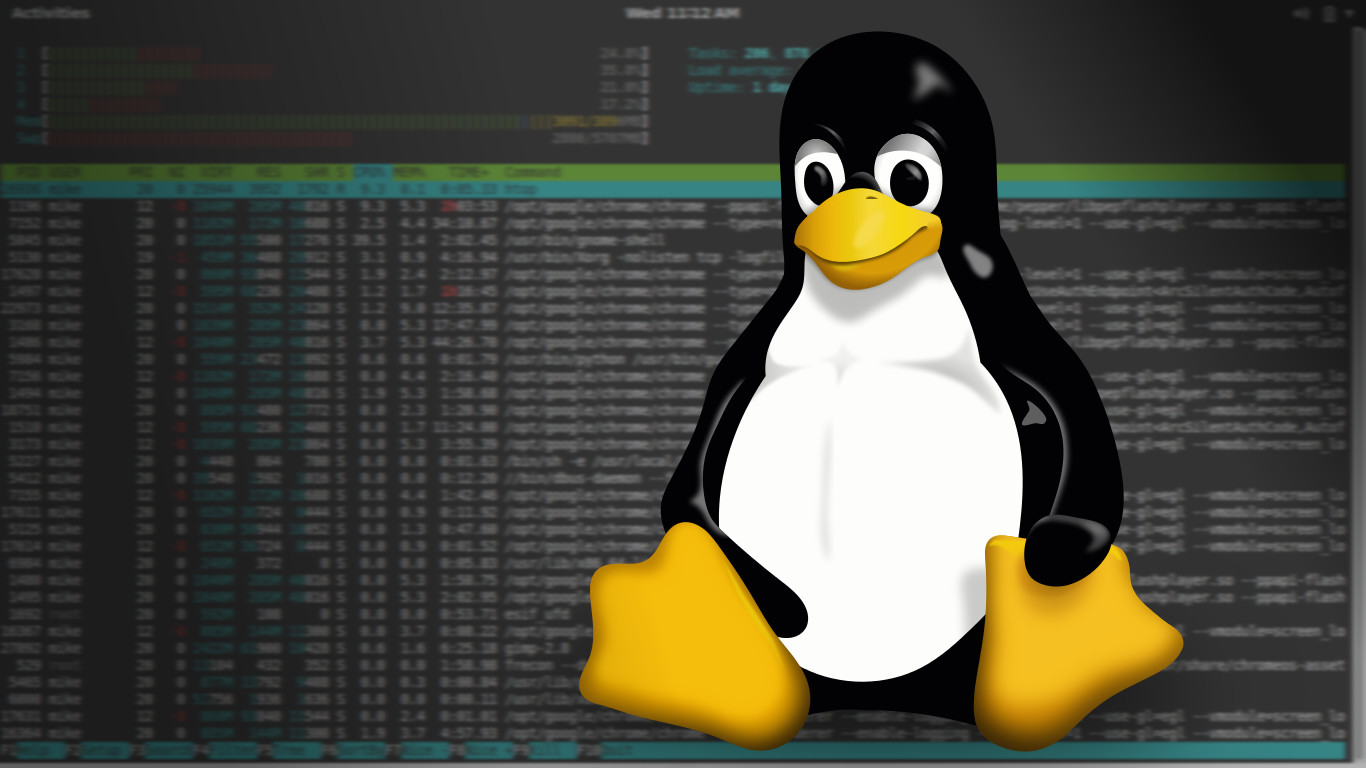

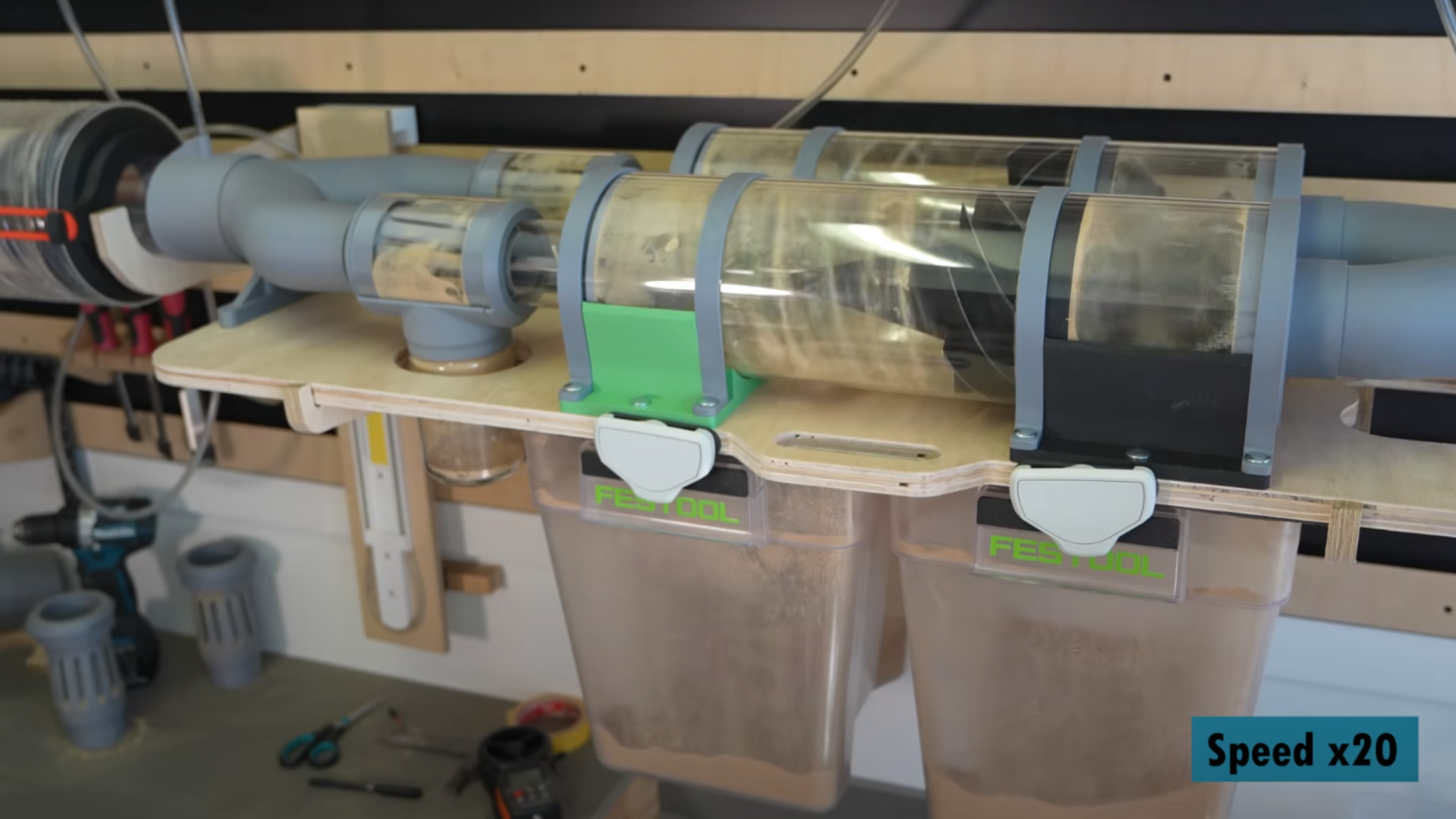
























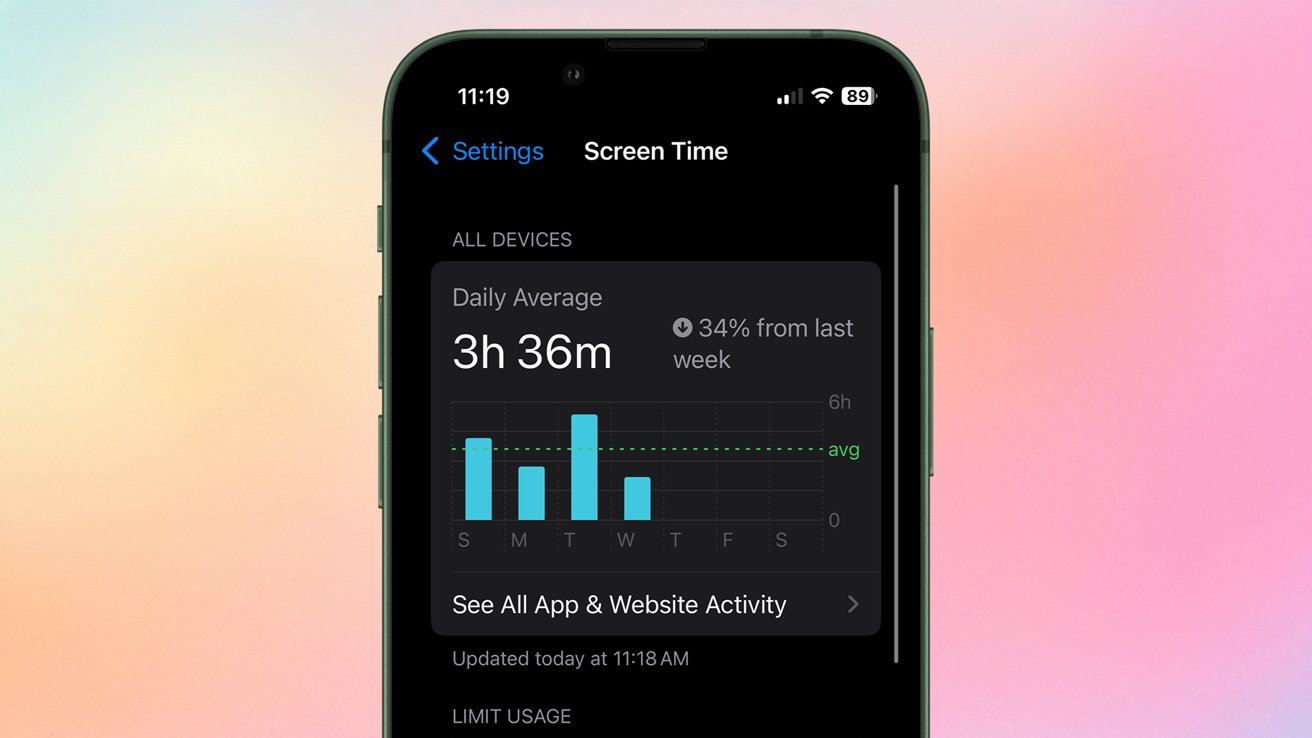






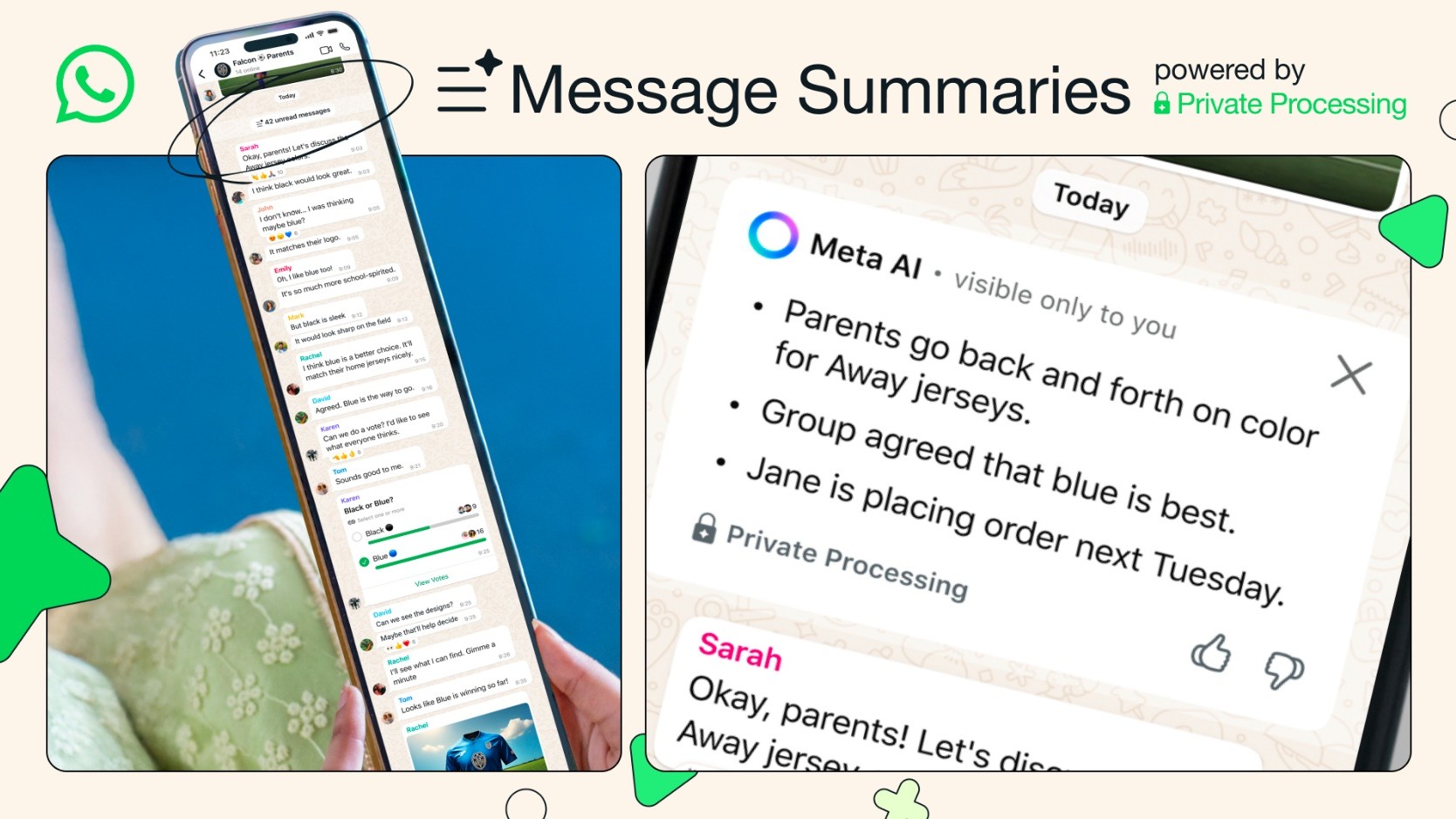




![Senators reintroduce App Store bill to rein in ‘gatekeeper power in the app economy’ [U]](https://i0.wp.com/9to5mac.com/wp-content/uploads/sites/6/2025/06/app-store-senate.jpg?resize=1200%2C628&quality=82&strip=all&ssl=1)





































